Community Massage London
Find out how this CIC is helping more people to benefit from complementary therapies.
Massage, reflexology and other hands-on therapies can bring so many benefits, including:
- Aiding relaxation
- Reducing stress and anxiety
- Easing physical pain and tension
- Improving sleep
- Improving flexibility and ease of movement
- Combating loneliness and social isolation and creating connections
However, the price of private therapies can be out of reach for many people, including those who are retired, disabled or not in paid work. In other words, the people who would most benefit are often those who can’t afford to.
Community Massage London offers free and low-cost massage, reflexology, shiatsu and acupuncture in community settings across Hammersmith & Fulham and Kensington & Chelsea.
The CIC was set up in 2018 by Teresa Meekings and Ray Prosper. Teresa says, “We recognised the need to support marginalised communities with their health and wellbeing. People often think massage and reflexology are a luxury, but complementary therapy isn’t about pampering; it’s about taking care of yourself, focusing on what matters to you, and making meaningful progress in your physical and emotional wellbeing.
“Each session is shaped around what the client wants and we offer practical self-care tips they can use at home. This helps clients to feel listened to and in control of their own health. Complementary therapies are also preventative tools and have been shown to reduce GP and A&E visits.”
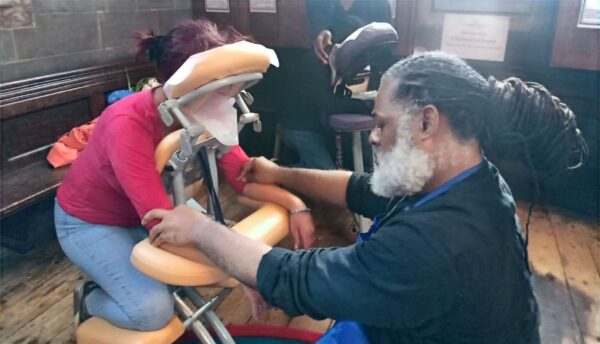
Tackling loneliness
Many of Community Massage London’s clients live alone and are struggling with social isolation. The treatment they receive may be the only time they experience the touch of another person that month. Teresa shares, “A lot of the benefits of massage are down to the power of touch. The sessions give people a reason to come out of their home. The time focused on them, combined with the therapist’s caring touch and compassion, can help them to feel more connected and cared for and so reduce their anxiety and stress.”
As one participant said, “These sessions are invaluable, the caring touch is something special to look forward to each month.”
Volunteers work alongside the therapists, offering refreshments and a friendly person to talk to. They can also signpost people to other organisations that can offer support.
Hammersmith United Charities’ grant
Our grant has enabled 24 people to benefit from up to 12 complementary therapy sessions at White City Community Centre. The sessions last for 20 minutes and participants can choose between massage and reflexology. Most participants are over 60 and on a low income.
The CIC suggests a £10 donation from clients who are in paid employment and a £5 donation from those who aren’t, making the treatment considerably more affordable than a private session.
Teresa says, “We couldn’t do this without grant funding. We have to cover the cost of paying the therapists, hiring the hall, administration, insurance, scheduling software and things like that. We really need the grant funding in order to be able to make this affordable for people.”
World Mental Health Day
Community Massage London is taking part in a World Mental Health Day event on 9th October 2025 at St Mary Abbots Church, Kensington Church St, W8 4LA, 12 to 4pm. Organised by SMART London, the event will include various wellbeing activities, a free lunch and a Q&A session. Email admin@smartlondon.org for more details.
Impact
Community Massage London’s clients have reported all of the above benefits and more. A post-treatment survey found that 82% of participants experienced a reduction in stress and 65% a reduction in pain. Many people experience multiple improvements. One client shared, “I’m having better sleep, less pain, less swelling in legs and feet.” Another said, “I have benefitted from the sessions both mentally, (as a Carer for my mum) & physically.”
Find out more
If you’re on a low income and feel that you’d benefit from Community Massage London’s complementary therapies, visit www.communitymassagelondon.co.uk to book a session.
Would you like to enable more people to benefit from complementary therapies? You can support Community Massage London’s work by:
- Donating via Go Fund Me.
- Supporting the CIC at no extra cost by doing your usual online shopping through Easy Fundraising. Every time you shop online from one of the 8,000+ retailers (including Amazon, eBay and several supermarkets), a percentage will be donated to Community Massage London.

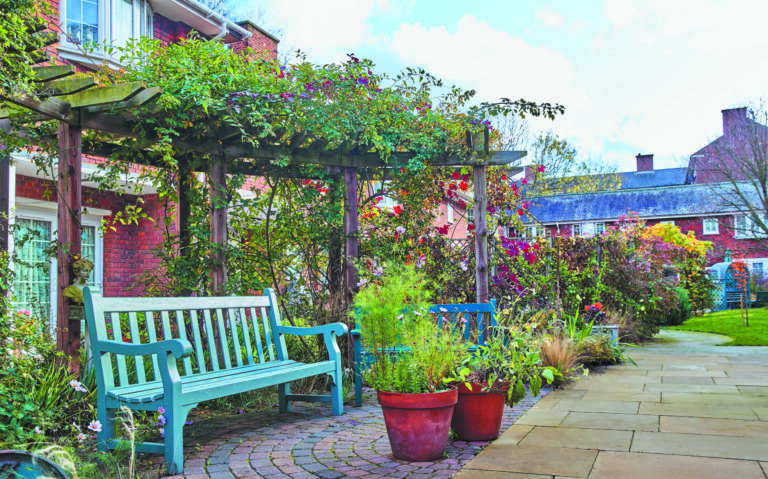
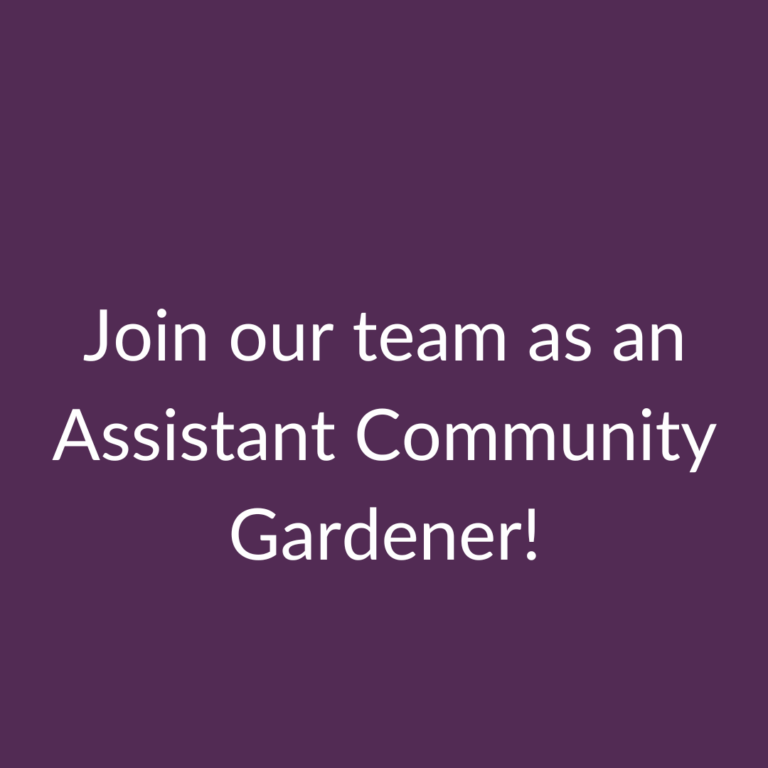
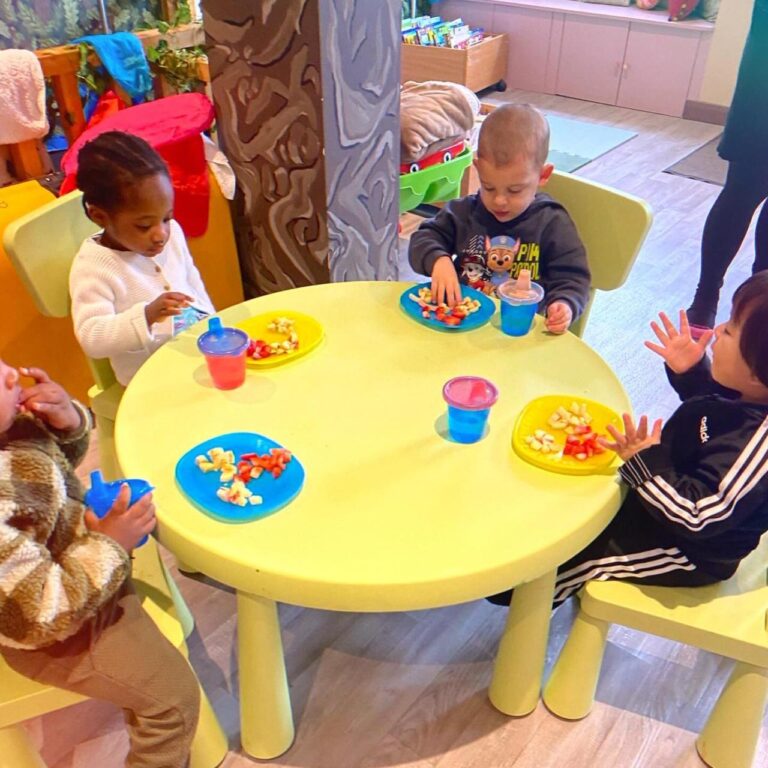
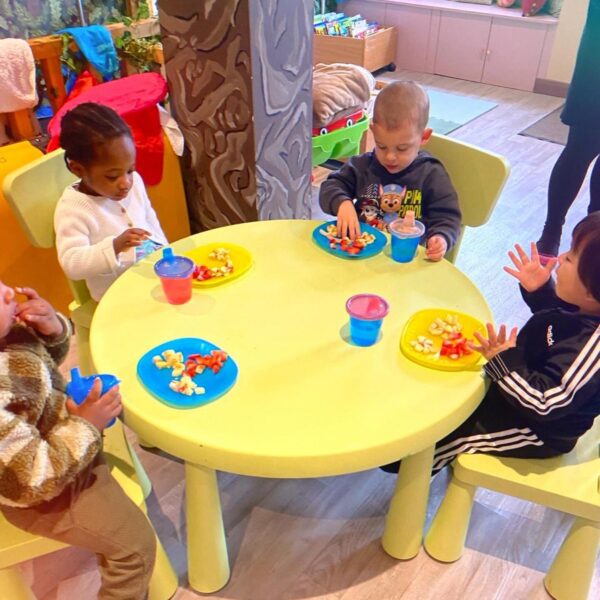 Under-fives
Under-fives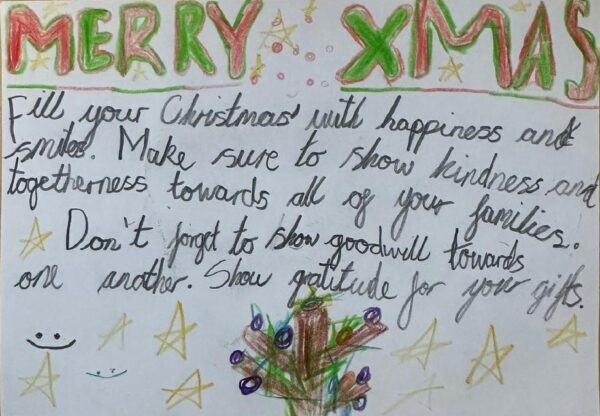
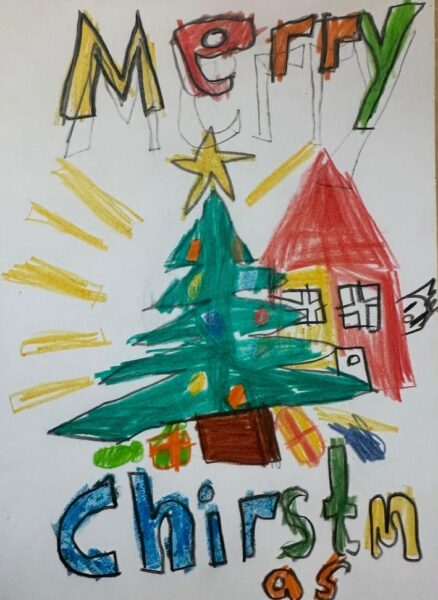
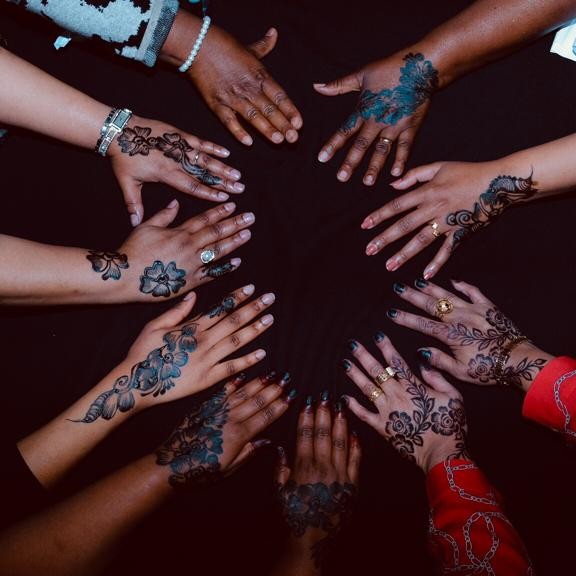
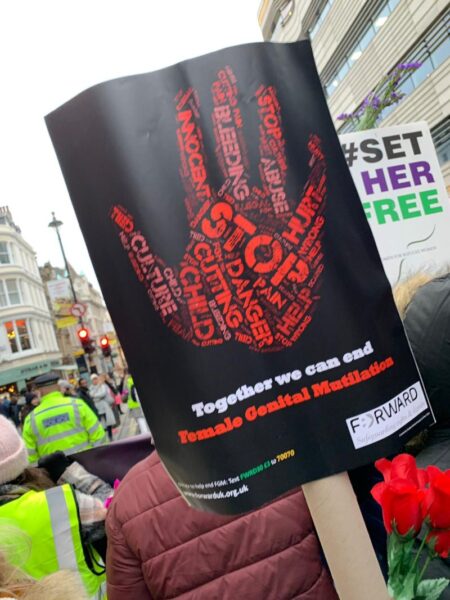
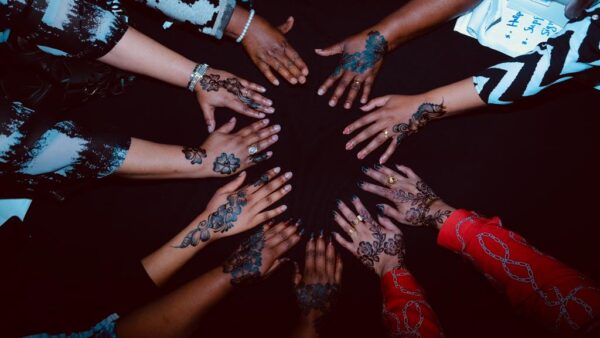
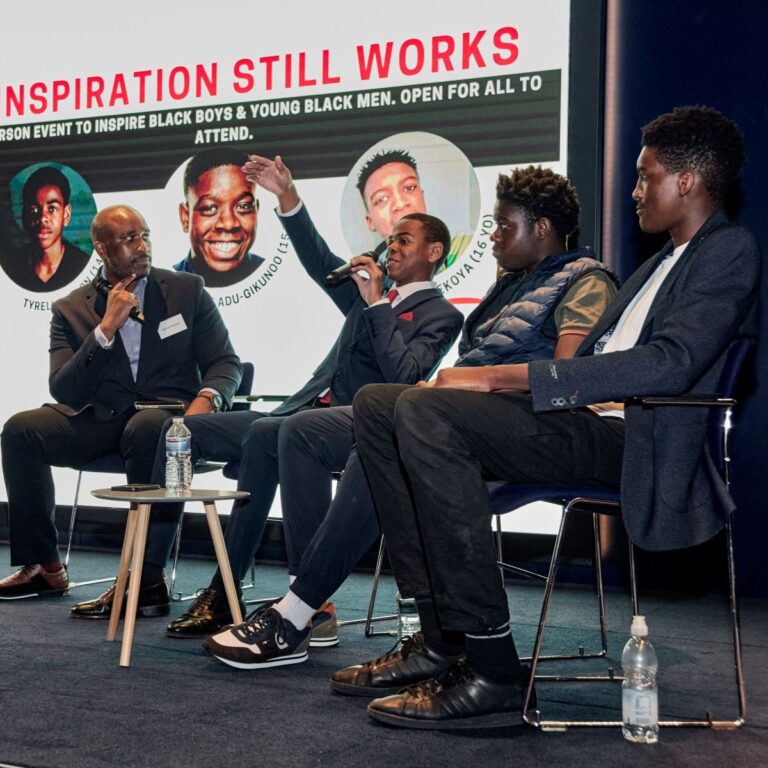
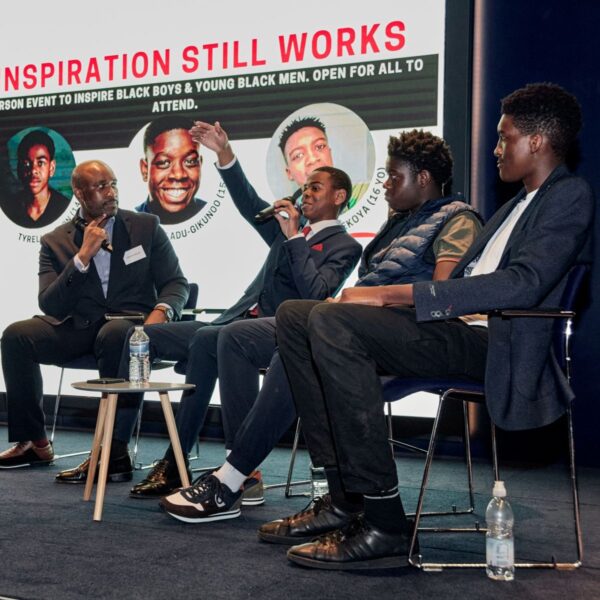 Tackling negative perceptions
Tackling negative perceptions